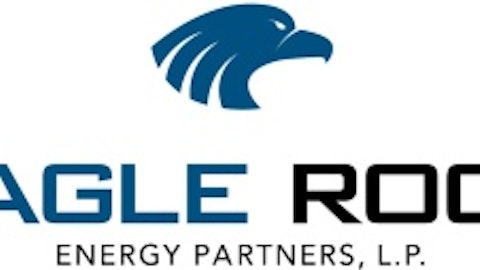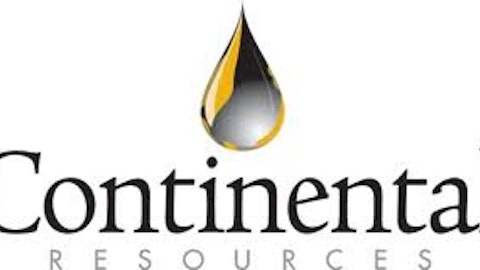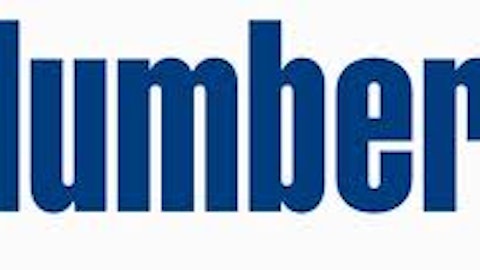All too often in our 24-hour news-cycle society, it’s easy to miss important news because it’s being drowned out by the noise of the next headline. That can cause investors who missed the scoop to lose precious profits down the road. In this case, there are two news items over the past month that I don’t think the investing community has really grasped a hold of just yet. If missed, these trends could prove costly for investors.

Photo credit: Flickr/Laszlo Ilyes.
No. 1: Fracking is safer than once thought
A landmark study by the Department of Energy shows that there is no evidence the chemicals from fracking contaminate drinking water aquifers. After a year of monitoring, the study has found that fracking chemicals stayed thousands of feet below the areas that supply drinking water. In fact, drilling fluids that were tagged with unique markers and injected 8,000 feet underground were not detected in zones that were monitored 3,000 feet higher. This means that fracking fluids stayed nearly a mile away from drinking water.
This study is really great news for the oil and gas industry. However, it gets even better as technological advances by Halliburton Company (NYSE:HAL) are virtually eliminating much of the concerns over fracking fluid and the industry’s freshwater usage. The company has developed a fracking fluid based on ingredients found in the food industry. Further, the company is in the process of rolling out a produced water recycling system that would recycle wastewater onsite. It has recently partnered with Nuverra Environmental Solutions Inc (NYSE:NES) to move forward a roll out of the system in the Bakken shale. The system would not only save millions of gallons of fresh water and hundreds of thousands of truck trips, but it would also save money. With fracking being much safer than once thought, it means the oil and gas industry won’t be slowing down anytime soon.
No. 2: The winners of America’s oil advantage have changed
Skyrocketing oil production over the past few years has caused its share of problems. Most notably, there simply isn’t enough infrastructure in the country to get the oil from where it’s produced to refineries. This reality caused a real glut of oil at our nation’s storage depots, which had a negative effect on oil prices. In fact, U.S.-produced oil was $20 cheaper than oil produced elsewhere this past February. As a result, there’s been an explosion in oil being transported by rail as refiners want to buy this cheaper crude oil.
However, having additional pipeline capacity come online, when combined with all the crude oil hitting the rails, has caused the spread between globally traded Brent and U.S. benchmarked WTI to shrink to less than a dollar this week. This trend has hit refiners such as Valero Energy Corporation (NYSE:VLO) hard. This past quarter the company reported an operating income drop of 42% over last year’s totals, as its margins were affected by higher oil prices. On the other hand, oil producers such as Bakken-focused Continental Resources, Inc. (NYSE:CLR) are poised to thrive this quarter, as the company can now get more for every barrel of oil it produces. That’s one reason investors had bid its shares up an all-time high this week. The company could potentially produce a blowout quarter when it reports on Aug 7.
Final Foolish thoughts
One thing is quite clear: Fracking is here to stay, and with it increased oil and gas production. With oil prices high, this is creating quite the profit potential for investors. Unfortunately, too many investors may miss out.
The article 2 Huge Recent Developments for Oil and Natural Gas originally appeared on Fool.com.
Fool contributor Matt DiLallo owns shares of Nuverra Environmental Solutions. The Motley Fool recommends Halliburton, owns shares of Nuverra Environmental Solutions, and has options on Nuverra Environmental Solutions.
Copyright © 1995 – 2013 The Motley Fool, LLC. All rights reserved. The Motley Fool has a disclosure policy.




